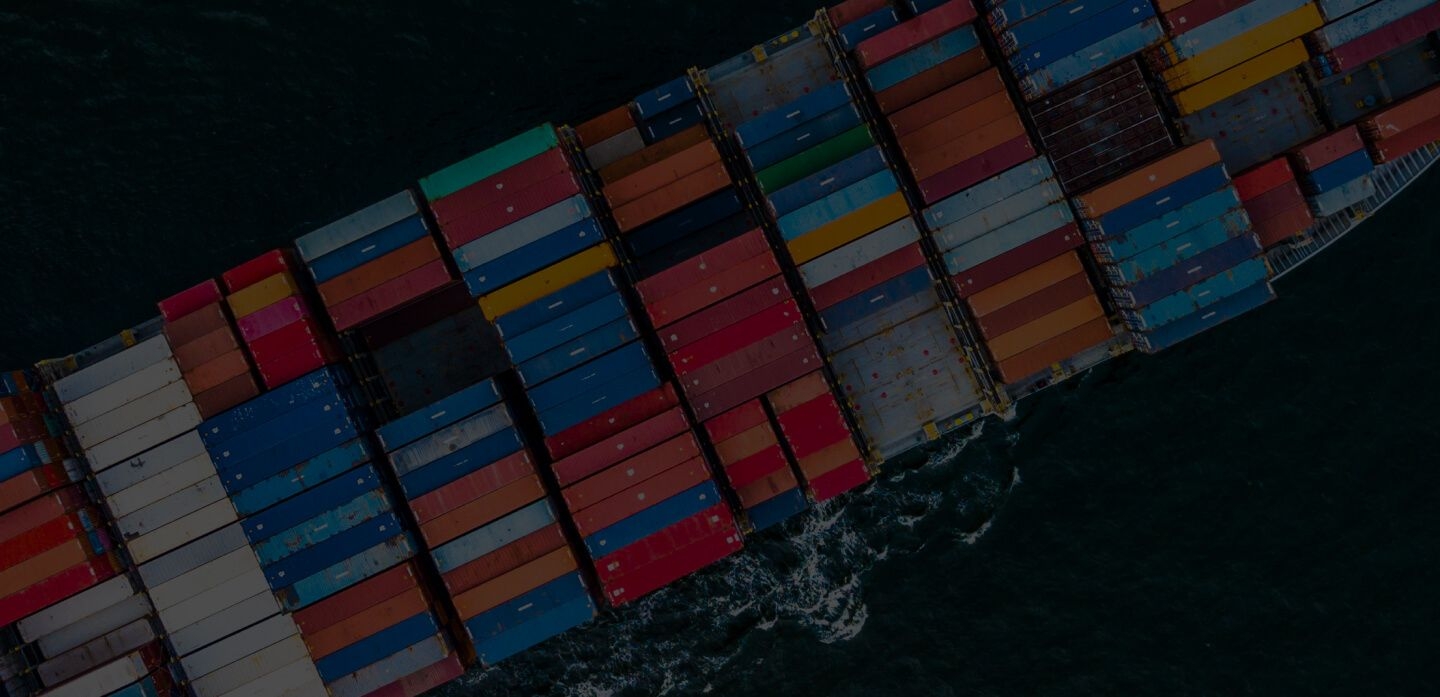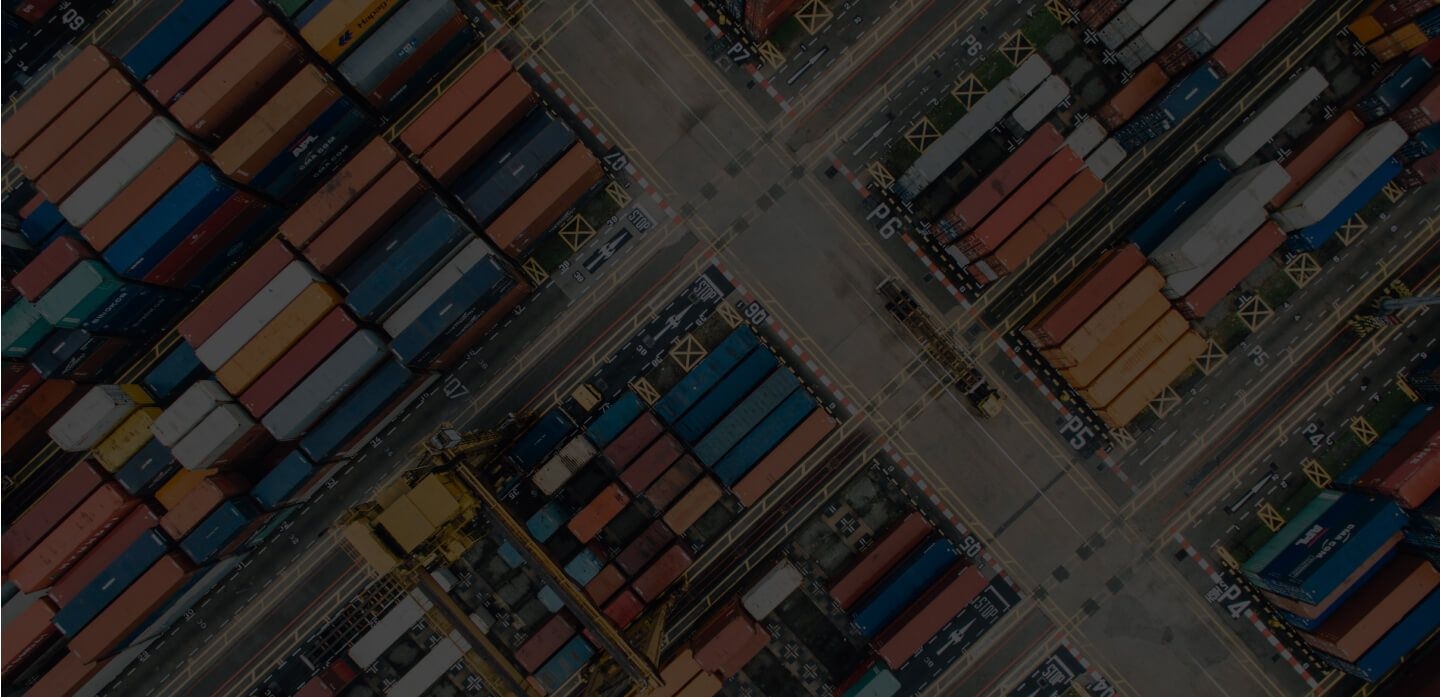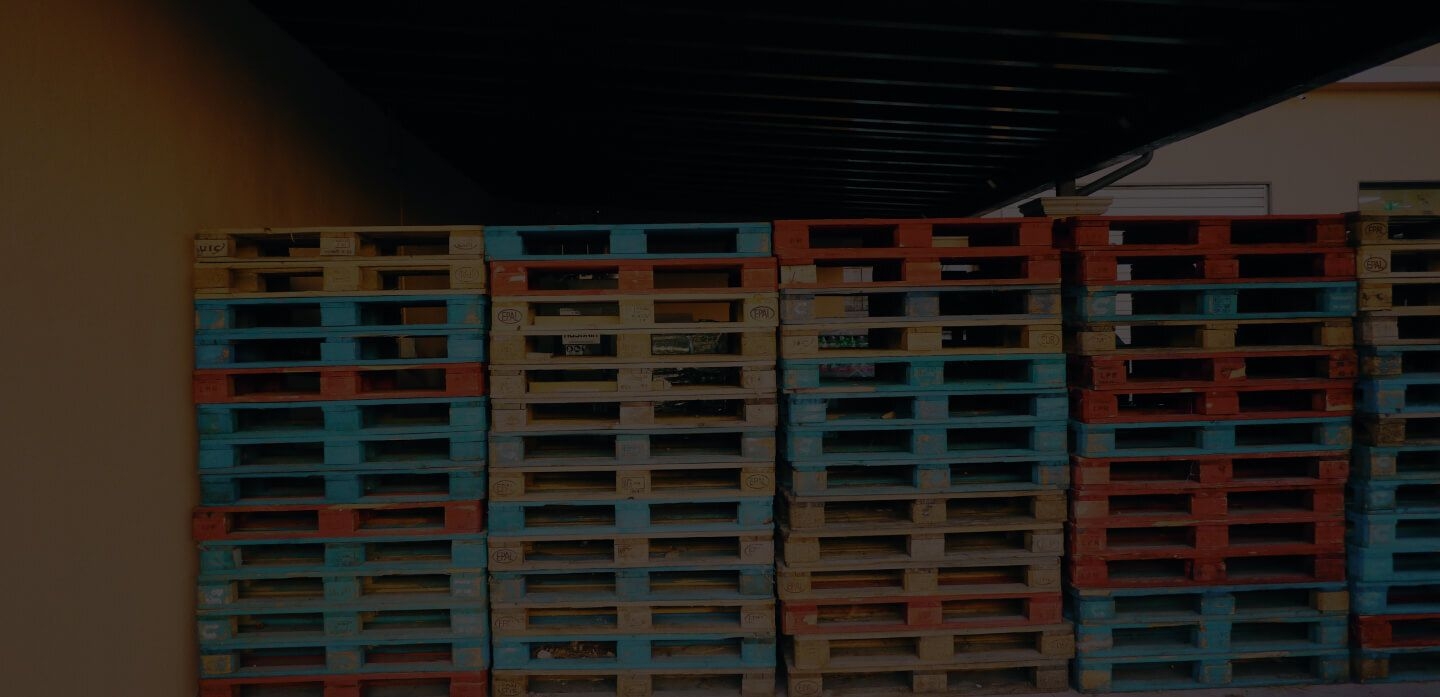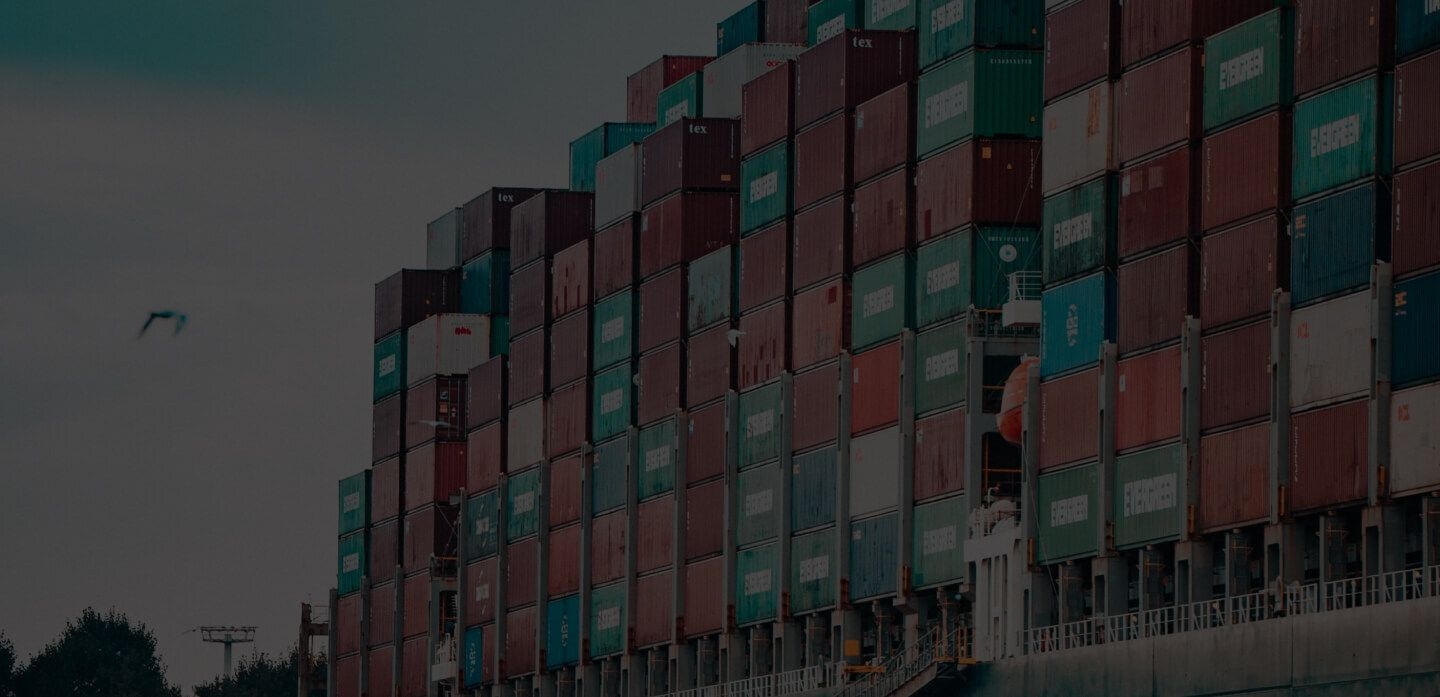
LCL Shipping - Less Container Load
Your Solution for Seamless Import/Export with iContainers



Hassle-Free Bookings
Book your LCL Shipment in Seconds

Optimize Your Costs
Pay only for the amount of space your LCL shipment occupies.

Compact and protect your cargo
Low-volume shipments are safer when shipped together in an LCL container.

Ship With Stable Rates
LCL rates are less volatile than FCL rates.
What is the meaning of LCL in shipping?
LCL: Less than Container Load
LCL shipments, also known as groupage, refer to ocean freight shipments that are transported in a shipping container alongside cargo from other shippers by sharing the space within the container.
FEATURES
Here's When You Should Book LCL
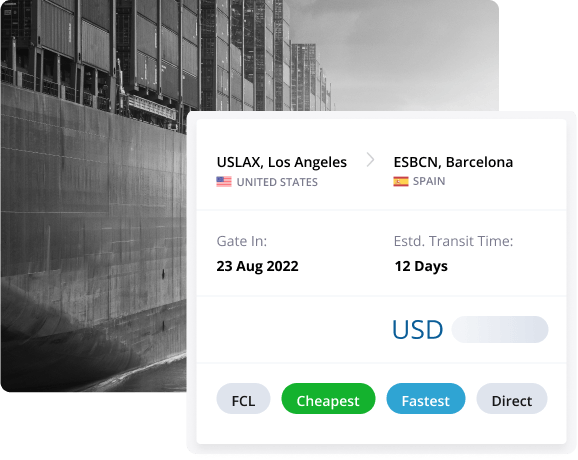
When your volume is under 13cbm
LCL rates are based on weight and volume. It is cheaper to ship via LCL when your shipment’s volume is under 13m3 → Lower shipping costs with LCL
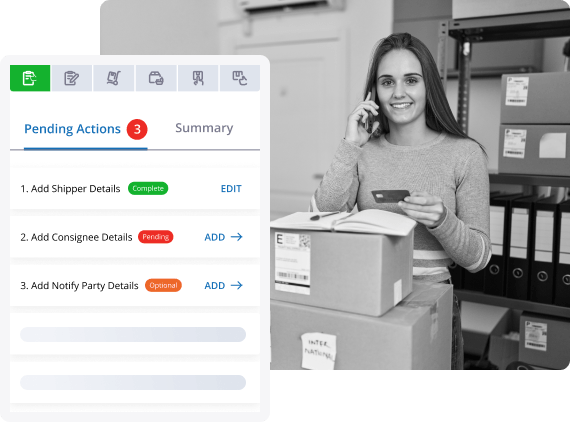
When you want to book last-minute shipments during the shipping peak season
During periods of congestion, it’s easier to secure a spot with LCL shipping than FCL → Secure a spot with LCL shipping
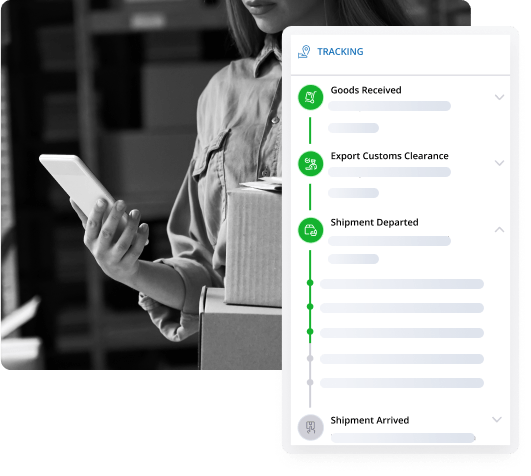
When cargo volume is too high for a full container and too low to fill two containers
If your cargo volume is too high for a single container but insufficient to fill two containers, LCL provides a convenient option to utilize space efficiently and avoid paying for unused container capacity.
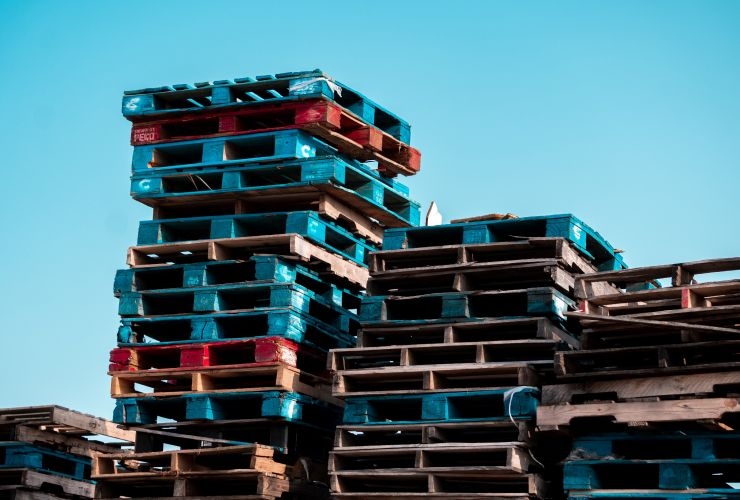
When the cargo isn’t urgent
When your shipment doesn't have strict time constraints and can afford a longer transit time, LCL can offer savings compared to expedited shipping methods.
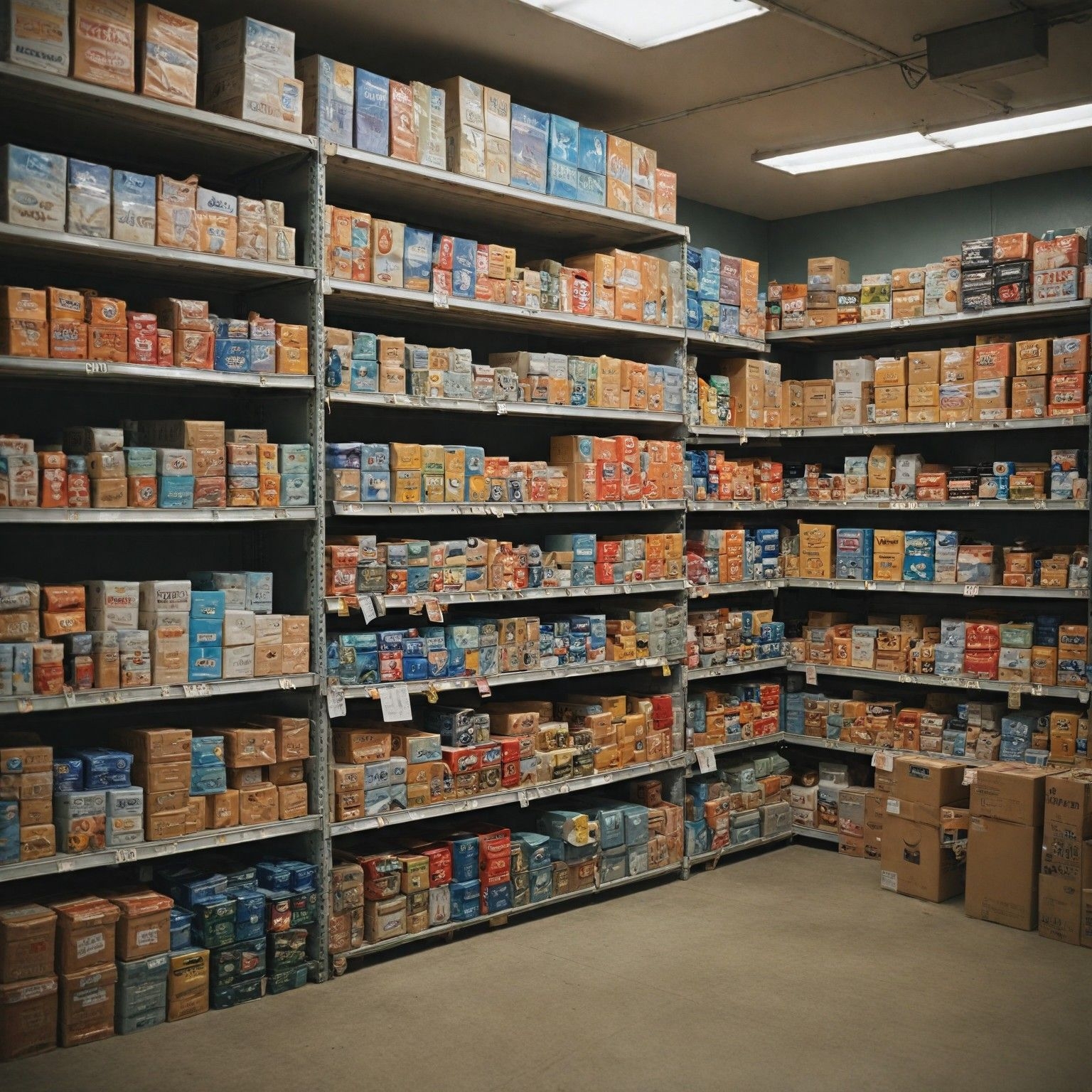
When you regularly restock and replenish inventory
LCL shipping can be a practical choice if your business involves frequent inventory replenishment or smaller, more frequent shipments. Instead of waiting to accumulate enough goods for a full container, you can ship smaller quantities more regularly.
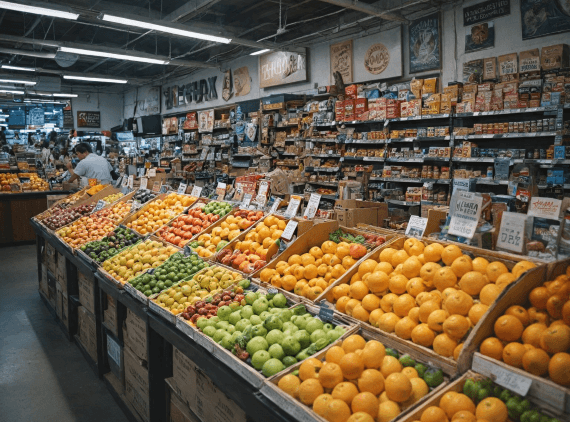
When you want to test a market
LCL can be advantageous when you're testing new products or entering a new market. It allows you to ship smaller quantities for market testing or trial runs without committing to large-scale production or significant upfront cost.
What are the main difference between FCL and LCL?
Altought capacity is the main difference, you can check here LCL vs FCL, and find which option is more suitable for your cargo
ADDITIONAL SERVICES
Most Popular LCL Shipments
Palletized LCL
This is the most recommended option because your cargo is transported safely on pallets and allows for easy handling. Truckers also usually require cargo to be palletized for inland moves. → Palletize your cargo to protect your LCL shipment
Loose LCL cargo
With loose cargo, your merchandise is transported in stacked boxes. While it’s a popular option for shipping LCL cargo in Asia, the merchandise is susceptible to damages. → This option compromises the security of your cargo and that of other shippers
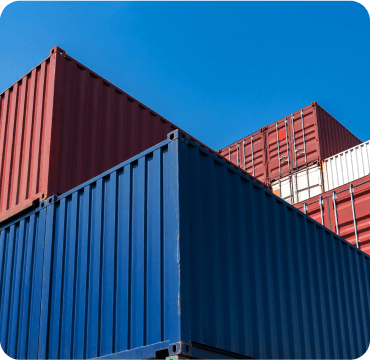
Tips and Recommendations for LCL Shipping
- Any material used for packing and transporting your LCL cargo should be wood-treated and the ISPM-15 verified stamps should be visible. This applies to pallets, dunnage, wooden boxes, and any block and brace materials
- 2 Use high-quality packing material and do so with care as your shipment will be exposed to sudden and brusque movements during handling and transportation.
- When shipping fragile merchandise, make sure to use appropriate labels and ensure they’re visible. When possible, label all sides of the box.
Frequently Asked Questions about LCL Shipping
LCL shipping is best used for smaller shipments that don’t require all the space in a full container, specifically cargo less than 15 cubic meters. This container shipping option is commonly used for boxed products, clothing, electronics, small machinery, and other non-perishable items.
Some restrictions apply to goods shipped via LCL. These include hazardous materials, illegal goods, and flammable products. LCL may also not be a good choice for perishable or fragile items.
To book LCL shipping online with iContainers, follow these steps:
- Enter your shipment details, including the cargo’s origin, destination, and dimensions.
- Compare quotes and transit times from different carriers.
- Select your preferred option and confirm your booking.
- Upload the necessary shipping paperwork.
LCL shipping can be a good option for small businesses. As the cheapest form of international shipping, it can help with cost savings, requiring you to only pay for the space your goods occupy. It’s also the most flexible shipping option, allowing you to ship only small volumes of goods.
The consolidation process is a necessary part of LCL shipping. At a warehouse, your goods will be grouped with shipments from other shippers and bound to the same destination. Consolidating small shipments together optimizes the space inside a container before it is dispatched to its destination.
Typically, you’ll need the following documents when shipping via LCL:
- Commercial invoice
- Packing list
- Bill of Lading
- Export/ import permits
You can ship perishable or fragile items via LCL, provided that you take the necessary precautions. If you ship perishable goods, make sure there are refrigerated containers to prevent spoilage during transit. When shipping fragile items, take care of proper packaging. You should also speak with your LCL service provider for handling requirements.
The cost of LCL shipments is calculated based on the following factors:
- Cargo volume in cubic meters
- Cargo weight
- Distance and routes
- Additional fees, i.e., customs, handling, etc.
There are no strict weight and volume limitations for LCL. What matters is that the goods fit a standard container. However, to maximize cost efficiency, it’s recommended that your goods are less than 15 cubic meters or 10,000 kg. If you have larger loads, consider full container load (FCL).
Your freight forwarder usually handles customs clearance during the LCL shipping process. They help you prepare and submit the required documentation and ensure the proper payment of duties and taxes.
When you book an LCL shipment with iContainers, you will be given access to an online tracking tool that allows you to monitor your shipment in real-time, with updates on its location and estimated delivery.
Cargo shipped via LCL is prone to delays due to customs issues or scheduling conflicts. When this happens, your freight forwarder will notify you and give you options to minimize disruptions. They may suggest rescheduling your shipment or opting for a different route.
Port fees and surcharges are added to the base cost of LCL shipping. These extra charges will often include handling charges, customs inspections, etc.
LCL shipping usually takes anywhere between 15-50 days to complete, although the transit time would vary based on the distance between the origin and destination, as well as consolidation schedules. If you need to get your goods to their destination much quicker, consider FCL or air freight.
Freight forwarders serve as middlemen between you, the shipper, and the carrier. They handle every part of the process for you, from managing logistics and consolidating cargo to handling customs clearance. iContainers can help ensure an easy and successful LCL shipment, saving you time and reducing stress throughout the shipping process.
BLOGS

